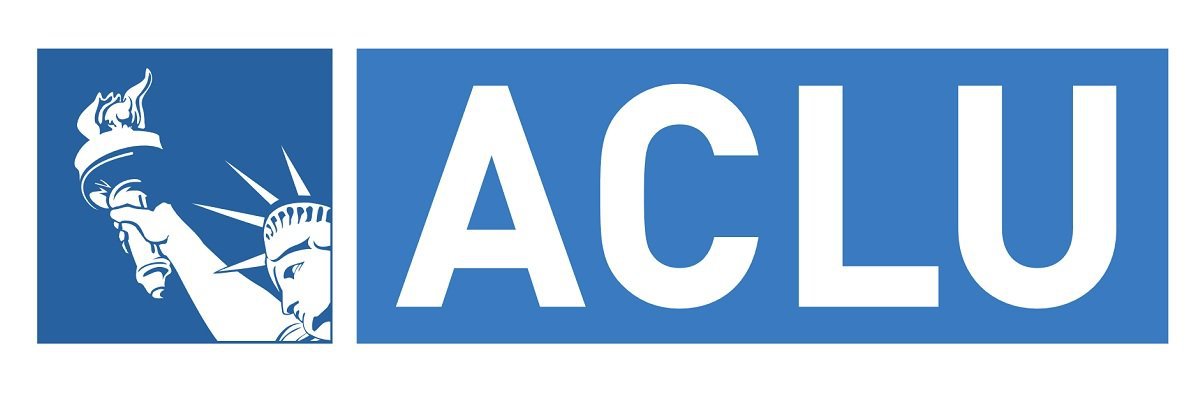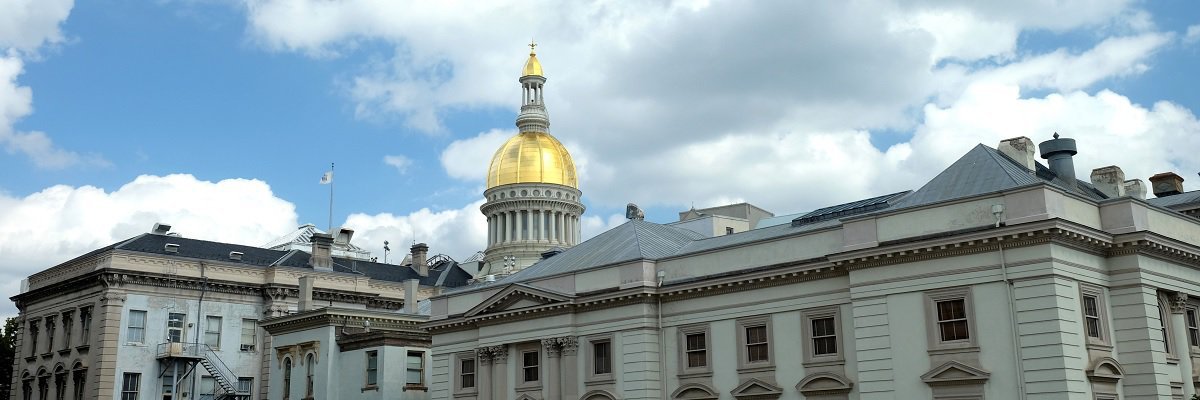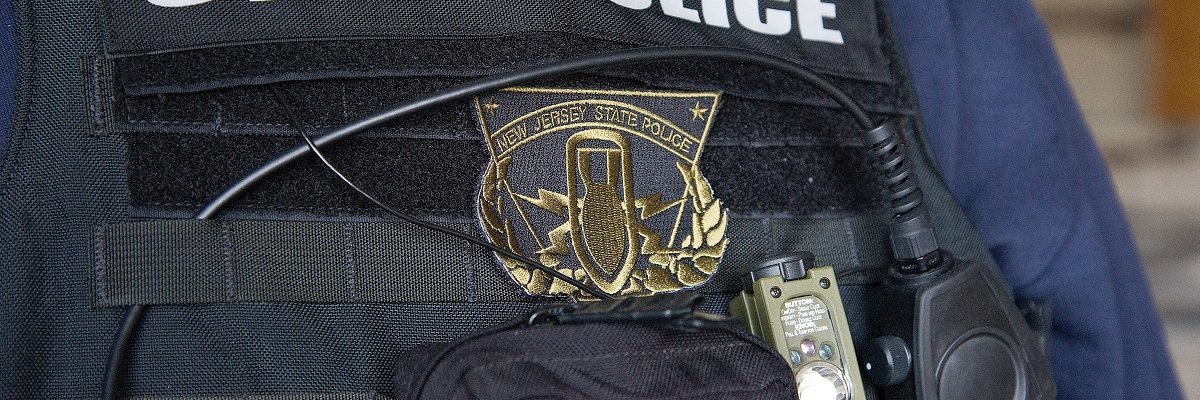In April, MuckRock submitted requests for the OPRA logs of New Jersey’s Departments of Environmental Protection, Banking and Insurance, and Corrections, as well as the Office of the Governor. All of the requests were denied. Since then, similar requests have been rejected by the remaining New Jersey state agencies, which all cited the same weak reasoning: Gannett N.J. Partners LP v. County of Middlesex ruling that there is an “interest of third parties in protecting the confidentiality of their requests for access to public documents.”
Last month, Harry Scheeler, a regular New Jersey OPRA requester, along with the American Civil Liberties Union of New Jersey officially recognized that the State’s rejections were a load of malarkey, filing a brief in support of the release of the requested OPRA logs. It was only after the “Bridgegate” brouhaha, that Scheeler, who has regularly requested such logs with success, began to receive request rejections, just as MuckRock users did.
As part of the reasoning for rejection, each office claimed that “OPRA does not authorize a party to make a blanket request for every document a public agency has provided another party in response to an OPRA request.” This is obvious hypocrisy on the part of the Christie administration, which had made exactly that type of request when it asked for all documents provided to the media by Fort Lee’s mayor’s office regarding “Bridgegate.” (That request was granted, and MuckRock requested those responsive documents, which can be found here).
MuckRock also requested emails received by the Governor’s office referencing Gannett NJ Partners v. County of Middlesex, the specious legal basis for the slew of rejections, but has yet to receive acknowledgement; a similar previous request, identifying specific variations of the case name and specific types of desired communications was rejected as being “overbroad and unclear.”
Image via ACLU-NJ.org




